Bart Thomma

I obtained my MSc in Plant Pathology at the University of Wageningen in the Netherlands and subsequently performed my PhD research at the University of Leuven in Belgium where I showed that separate jasmonate-dependent and salicylate-dependent defense-response pathways in Arabidopsis are essential for resistance to distinct microbial pathogens. In 2003 I joined Pierre de Wit at Wageningen University to investigate the virulence contribution of effectors of the tomato leaf mold fungus Cladosporium fulvum. In 2013 I was appointed as full professor head of the laboratory of Phytopathology, leading a research group that focusses on fungal effector biology, with emphasis on effectors of soil-borne Verticilliumfungi.
Caroline Gutjahr
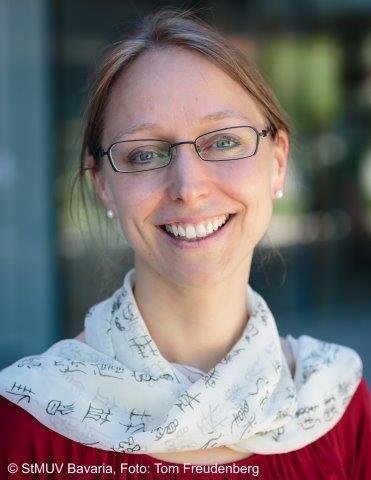
Caroline is a Tenure Track Professor at the Technical University of Munich (TUM), Germany, where she studies the development and function of arbuscular mycorrhiza (AM) symbiosis. She received her first training in AM research in the laboratory of Paola Bonfante at the University of Turin, Italy and conducted her PhD and short Postdoc in the lab of Uta Paszkowski at the University of Lausanne, Switzerland. She established her own group supported by an Emmy Noether grant of the DFG at the University of Munich (LMU). In 2017 she received an ERC starting grant and in 2018 the SEB president’s medal.
Gunther Döehlemann

Dr. Gunther Döhlemann: full Professor for Terrestrial Microbiology, CEPLAS/Botanical Institute, University of Cologne. GD received his Diploma in 2003 and PhD in 2006 at the University of Kaiserslautern, Germany. From 2006-2008 he was a Postdoctoral fellow at the Max Planck Institute for Terrestrial Microbiology in Marburg, German in the Laboratory of Prof. Regine Kahmann. In 2009 he had a research stay at Stanford University with Prof. Virginia Walbot as an EMBO fellow. From 2009 – 2014 he was a Research Group leader at the MPI for Terrestrial Microbiology. In 2014 he was appointed as full Professor for Terrestrial Microbiology at the University of Cologne. In 2014 he received the “Julius Kühn Preis” of the German Society for Plant Pathology. In 2017 he was awarded with an ERC consolidator grant. Gunther's main research interests are: microbial interactions of maize, mechanisms of compatibility in biotrophic interactions, microbial effectors and their interactions with the host immune system.
Hui-Shan Guo
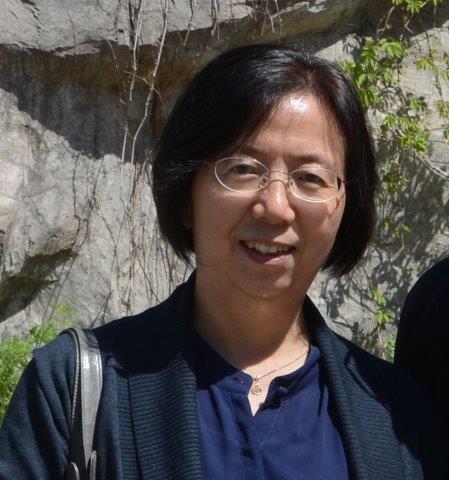
Dr. Hui-Shan Guo is a professor of Institute of Microbiology, Chinese Academy of Sciences. She has been conducting studies on the molecular basis of plant viral suppressors of RNA silencing (RNAi) and pathogen-host interaction by dissecting the defensive roles of plant RNAi. Recent years, a great deal of her research works have been carried out on trans-kingdom RNAi in plant-fungal pathogen interactions and its application in cotton to defend against a soil-borne fungal pathogen Verticillium dahliae, one of the major causal pathogens of Verticillium wilt. They also successfully identified the infectious structure “hyphopodium” of Verticillium dahlias and characterized its pathogenesis.
Jane Parker

Jane Parker received her PhD at The University of Wales in Swansea (1987). After a postdoc at MPIPZ in Cologne characterizing fungal pathogen elicitors, she embarked on researching Arabidopsis as a model plant host system at The Sainsbury Laboratory, Norwich UK (1990 – 2001). Jane returned to MPIPZ in 2001 as a research group leader, where she studies Arabidopsis NLR immunity signalling and execution pathways, and natural variation in biotic stress networks. She was elected to The German Academy of Sciences - Leopoldina (2013), EMBO (2016) and European Academy (2017).
Jian-Min Zhou
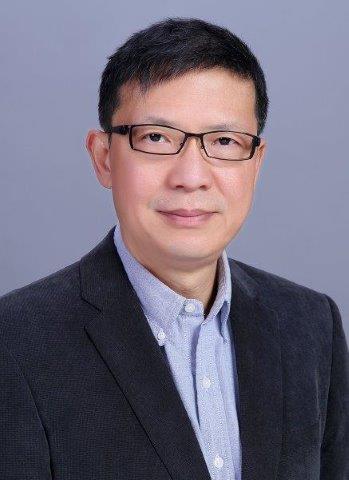
Prof. Jian-Min Zhou received PhD in Horticulture at Purdue University in 1994 and completed postdoc training at Purdue in 1997. He then took an assistant professor position in the Department of Plant Pathology at Kansas State University in 1997 and was promoted to the rank of associate professor in 2002. He joined National Institute of Biological Sciences, Beijing as an associate investigator in 2004 and was promoted to the rank of investigator in 2010. He then joined the Institute of Genetics and Developmental Biology of Chinese Academy of Sciences (CAS) as an investigator and CAS University as a professor in 2012. Prof. Zhou serves on the editorial boards of PLoS Pathogens, eLife, Molecular Plant, Current Protocols of Plant Biology, and Science in China (Life Sciences).
Jijie Chai
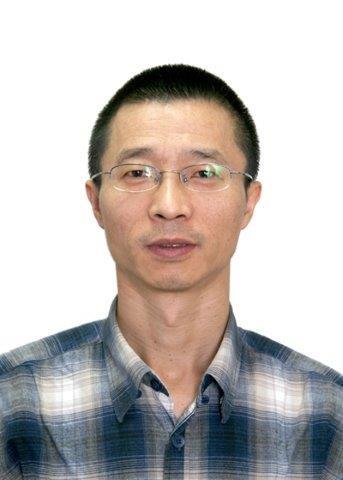
Jijie Chai received his PhD degree in analytical chemistry from Peking Union Medical University (China) in 1997 and is currently working at the University of Cologne and Max Planck Institute for Plant Breeding Research, Germany. He is a structural biologist and his professional interests focus on structural study of plant receptor like kinases (RLKs) and NOD-like receptors (NLRs).Additionally, he is also interested in screening small molecules to manipulate RLK- and NLR-mediated signaling.
John Carr
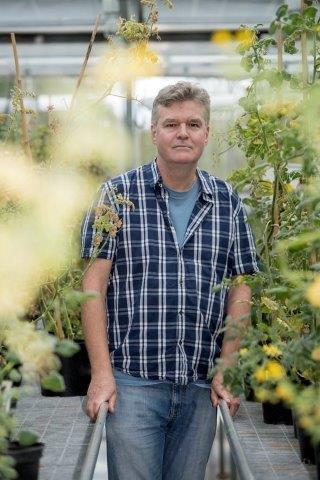
John Carr is Professor of Plant Virology at Cambridge University's Department of Plant Sciences, Vice President of Corpus Christi College Cambridge, and an Associated Scientist of the BecA-ILRI Hub in Nairobi Kenya. John has collaborated with scientists in sub-Saharan Africa since 2010 in projects aimed at benefiting resource-poor smallholder famers by developing novel strategies to protect crops against plant viruses and their insect vectors. His research interests include viral subversion of plant resistance, viral gene expression, plant-virus-insect vector interactions, and the effects of virus infection oninteractions of plants with beneficial insects such as pollinators.
Jonathan Jones

Jonathan Jones (JJ) graduated in Botany from Cambridge (1976) and completed his Ph.D. on cereal chromosomes at PBI, Cambridge (1980). JJ began work in MPMI as a postdoc with Fred Ausubel (1981-2) on symbiotic nitrogen fixation. From 1983-1988, he worked at startup agbiotech company AGS (Oakland, CA). In 1988, he started his lab at TSL, Norwich, UK, and was first to clone cell surface immune receptors (in 1994) and investigate their mechanisms. JJ was an architect of the guard hypothesis and the "zigzagzig" model for the two main layers of plant immunity. He now investigates how the Arabidopsis RPS4/RRS1 immune receptor pair recognizes bacterial effectors, and Solanum genetic diversity for resistance to potato late blight. He is a strong advocate of deployment of cloned disease Resistance genes for crop protection. JJ was elected member of EMBO (1998), FRS (2003) and Foreign Associate of US NAS (2015).
Julia Vorholt
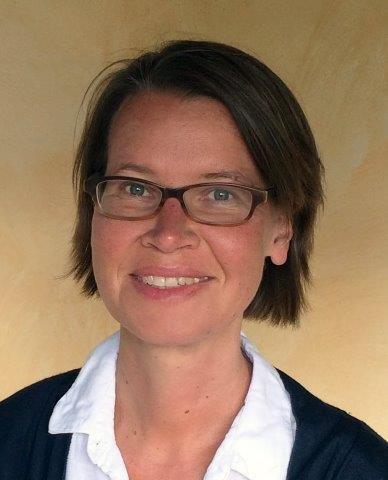
Julia Vorholt is Full Professor at ETH Zurich, Institute of Microbiology (Switzerland) after holding positions as a group leader at the CNRS in Toulouse (France) and the Max-Planck-Institute for terrestrial Microbiology in Marburg (Germany). In her research, she investigates how the environment, in particular the phyllosphere, shapes bacterial physiology and microbial interactions, with an emphasis on metabolism, novel protein function, gene regulation, and beneficial services to the host. She pioneered metaproteogenomic approaches to study bacterial phyllosphere communities in situ and initiated the use of synthetic bacterial communities to investigate microbe-microbe and microbe-plant interactions.
Ken Shirasu
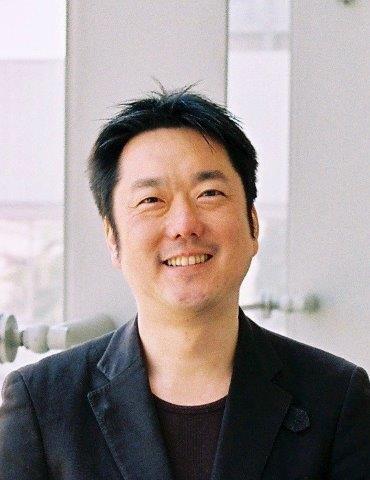
Ken Shirasu graduated from the University of Tokyo in 1988, and obtained his PhD in genetics from University of California, Davis, in 1993. He then served as a postdoctoral fellow at the Salk Institute/Noble Foundation, where he studied plant immunity. In 1996, he joined the Sainsbury Laboratory, as a researcher, and in 2000 became a group leader. He joined RIKEN as a group director in 2005, and since 2008 has held an adjunct professor position in the Department of Biological Sciences at the University of Tokyo. Dr. Shirasu served as a Director of the IS-MPMI between 2012 and 2016.
Leena Tripathi
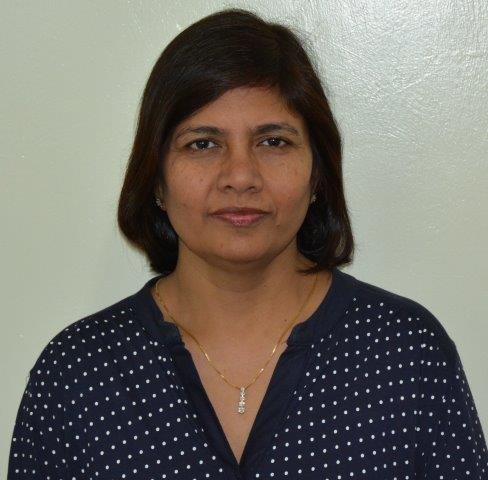
Leena Tripathi is Principal Scientist and Deputy Regional Director of East Africa Hub of International Institute of Tropical Agriculture (IITA) based at BecA/ILRI hub, Nairobi, Kenya. After obtaining Ph.D. in Plant Molecular Biology, she joined as Research Scientist at University of North Carolina Greensboro, USA. In 2001 she joined IITA, where she is leading the transgenic and genome editing research with primary focus on genetic improvement of banana, plantain, cassava, enset and yam for disease and pest resistance to enhance production. Her team has developed several technologies, which are under product development and closer to dissemination to farmers.
Libo Shan
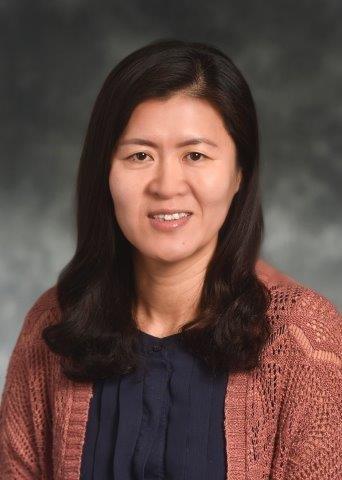
Libo Shan is a Professor in the Department of Plant Pathology and Microbiology, and the director of the Institute for Plant Genomics and Biotechnology at Texas A&M University. Dr. Shan’s current research focuses on the regulatory mechanisms of plant immune sensory complexes and downstream signaling networks in the context of coordinating plant growth and development. To translate the knowledge gained from model plants, the Shan laboratory has established functional and biochemical genomic platforms in cotton to understand immune receptor functions against fungal Verticillium and Fusarium wilt, as well as transcription activator-like (TAL) effector targets that mediate bacterial blight in cotton.
Marc Ghislain
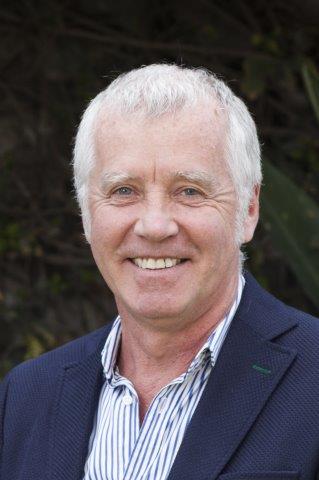
Marc is the global leader for the "Game-changing Solutions" research program at the International Potato Center (CIP). He has a PhD in gene and cell biotechnology from the Free University of Brussels and has spent his most of his career at CIP since 1993. His research interests cover genetic diversity of potato and sweetpotato germplasm, genetic mapping of traits of interest, marker-assisted selection, genomics-assisted breeding, and transgenesis. He is the author of more than sixty scientific publications. He is currently leading CIP efforts to release a transgenic potato completely resistant to late blight in sub-Saharan African countries.
Maria Harrison
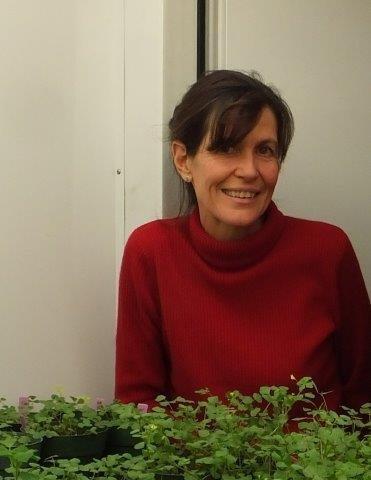
Maria Harrison is a Professor at the Boyce Thompson Institute for Plant Research and holds an Adjunct Professor appointment in the Plant Pathology and Plant-Microbe Biology Section in the School of Integrative Plant Science at Cornell University. Her research program focuses on the arbuscular mycorrhizal symbiosis with the goals of understanding the molecular basis of its development and the mechanisms underlying nutrient transport and regulation of the symbiosis. Her group pioneered molecular and genetic studies of AM symbiosis in the model legume, Medicago truncatula, and contributed to an understanding of the mechanisms underlying development, phosphate transport and more recently lipid transfer to AM fungi.
Maria Zanetti

María Eugenia Zanetti obtained her PhD at the National University of Mar del Plata (Argentina) in 2002. Afterward, she joined the laboratory of Julia Bailey-Serresat the University of California, Riverside, as a postdoctoral researcher, where she conducted seminal research on the affinity purification of “translatomes”from specific cell types in plants. She is currently a professor at the National University of La Plata and a researcher of CONICET (Argentina). Her main interest is to understand the molecular mechanisms underlying the root nodule symbiosis established between legumes and rhizobia. Her research is focused on gene regulatory events, including chromatin remodeling, transcription, alternative splicing and translational control.
Nick Talbot
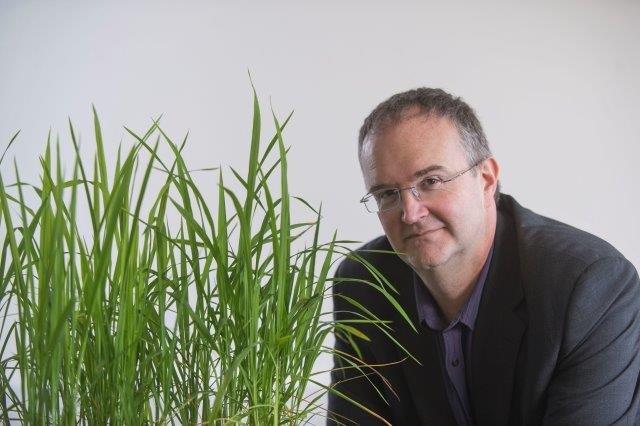
Nick Talbot is Executive Director of The Sainsbury Laboratory. His research is focused on the biology of plant diseases and he utilises a range of cell biology, genetics and genomics approaches in his work. Nick is interested in fungal infection-related development and understanding how fungi are able to invade plant tissue and suppress plant immunity. His main contributions have been associated with understanding the biology of plant infection by the rice blast fungus Magnaporthe oryzae.
Petra Boevink
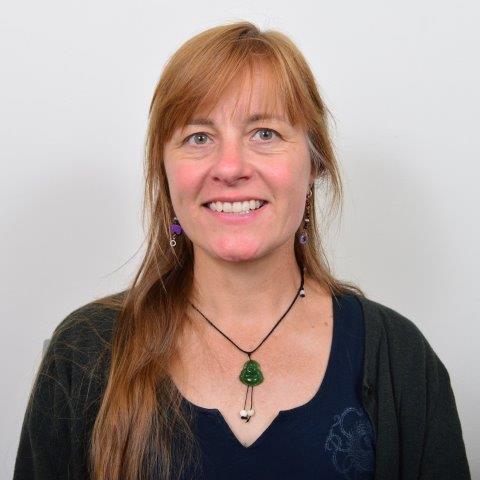
Petra Boevink was educated at the Australian National University and did her PhD on subterranean clover stunt nanovirus at CSIRO Plant Industry. She moved to Scotland to work initially with Karl Oparka, then at the Scottish Crop Research Institute, on plasmodesmata, plant viral movement, and the plant secretory pathway in collaboration with Chris Hawes of Oxford Brookes University. In 2005 she switched from viral pathogens to Phytophthora infestans, focussing on the cell biology of its interaction with its host plants and working closely with Paul Birch, Stephen Whisson and other members of the P. infestans team at the James Hutton Institute.
Philippe Reymond
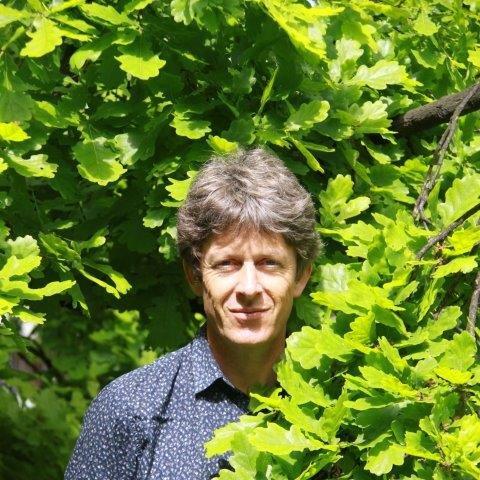
Philippe Reymond studied biology at the University of Lausanne. He carried out his thesis research (1983-1989) at the Institute of Plant Biology and Physiology with Paul-Emile Pilet, analyzing IAA and ABA phytohormones in maize. As postdoc, he studied blue light photoperception with Winslow Briggs at Stanford University (USA). In 1992, he returned to the University of Lausanne and joined the group of Ted Farmer as senior postdoc to investigate signal transduction in plant defense using DNA microarrays. Since 2002, he has led an independent research group on plant-insect interactions and was promoted to Associate Professor in 2014.
Pierre-Marc Delaux

Pierre-Marc Delaux received his PhD from the University of Toulouse, France, in 2011. After two postdocs at the University of Wisconsin – Madison (USA) and the John Innes Centre (Norwich, UK) he joined in 2015 the Plant Science Laboratory (LRSV), a joint institute between the CNRS and the University of Toulouse, as a CNRS researcher. His lab studies the molecular mechanisms behind the evolution of beneficial plant – microbe associations, with a special focus on nodulation and the arbuscular mucorrhizal symbiosis, using combinations of phylogenomics and genetics in multiple species.
Rosa Lozano-Durán

Rosa is a Principal Investigator at the Shanghai Center for Plant Stress Biology (Chinese Academy of Sciences) and an Adjunct Professor at the Institute of Plant Protection (Chinese Academy of Agricultural Sciences). Her lab studies how plant viruses cause disease, with special focus on the viral manipulation of cell functions. For this purpose, they investigate the interaction between the DNA viruses geminiviruses and their hosts, using a combination of approaches that include molecular biology, cell biology, and genomics. Rosa did her PhD at the University of Malaga, Spain, and worked as a postdoctoral researcher at the Sainsbury Laboratory, UK. She started her independent group in 2015.
Ryohei Terauchi
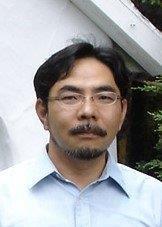
Ryohei Terauchi is a plant geneticist at Kyoto University and Iwate Biotechnology Research Center, Japan. He obtained his PhD at Kyoto University and did post-doc in IITA, Nigeria and University of Frankfurt, Germany. He is interested in coevolution of plants and their pathogens. His current research focus is on the molecular interactions between rice and Magnaporthe oryzae.
Sophien Kamoun
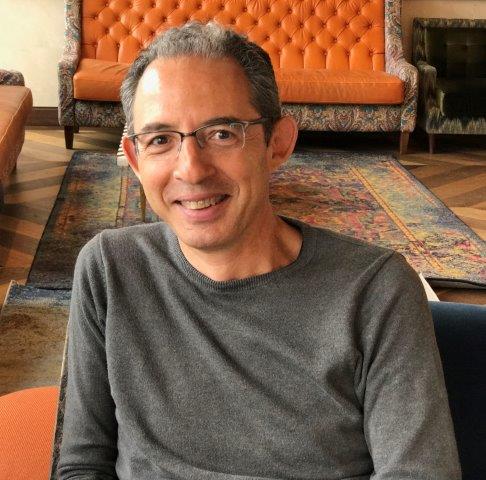
Sophien Kamoun is a Senior Scientist at The Sainsbury Laboratory and Professor of Biology at The University of East Anglia. He pioneered genomics methods to reveal fundamental insights into the biology and evolution of eukaryotic plant pathogens. He discovered virulence effector families from pathogenic oomycetes and fungi, and showed how they can modulate plant immunity. He demonstrated how antagonistic coevolution with host plants has impacted the architecture of pathogen genomes, accelerated the evolution of effector genes, and drove the emergence of immune receptors networks. His work has resulted in approaches to mitigate some of the world’s most serious crop diseases.
Xin Li

The main research focus of my lab at the University of British Columbia is on the signalling and regulation of nucleotide-binding leucine-rich repeat (NLR) immune receptors. NLRs have been extensively used by breeders for breeding resistant cultivars, despite that their detailed mode of action remains unclear. During the past two decades, we have established multiple autoimmune models in Arabidopsis to study NLR-mediated immunity. Our research has revealed different aspects of NLR regulation that is critical for mounting a proper defence response.
Xinnian Dong
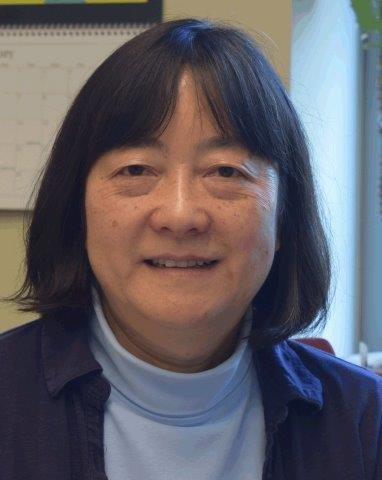
Xinnian Dong received her B.S. in microbiology from Wuhan University in China in 1982 and Ph.D. in molecular biology from Northwestern University in Chicago in 1988. She began her study of plant immune mechanisms as a postdoc at MGH, Harvard Medical School. Dong is currently an Arts & Sciences Professor of Biology at Duke University. Dong became a HHMI investigator in 2011, an AAAS fellow in 2011, a member of NAS in 2012, an AAM Fellow in 2013 and an outstanding alumna of Wuhan University in 2013. Dong received the Chinese Biological Investigators Society (CBIS) Ray Wu Award in 2018.
